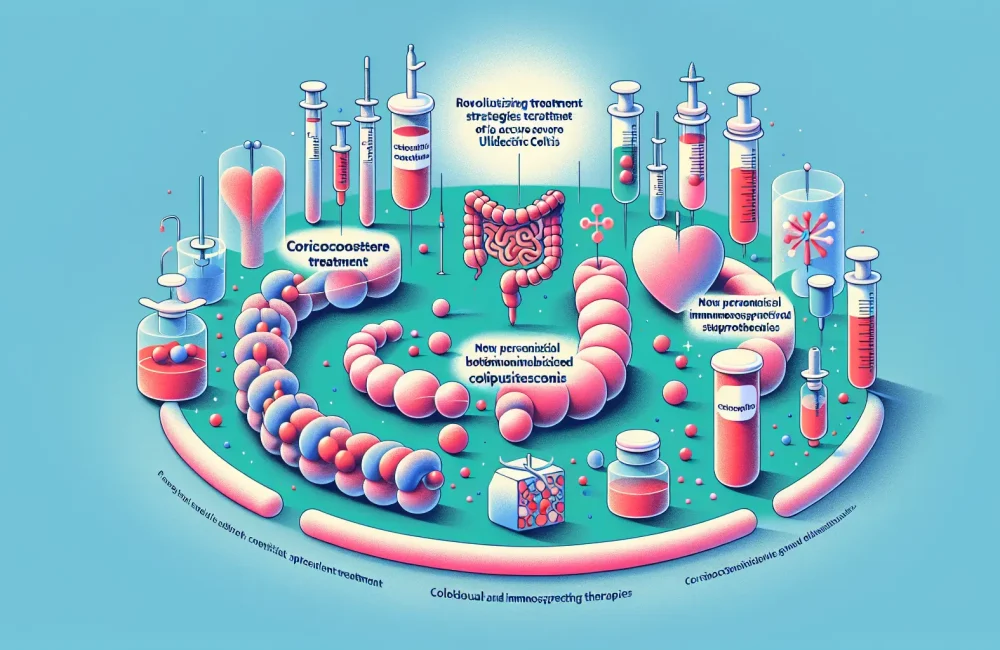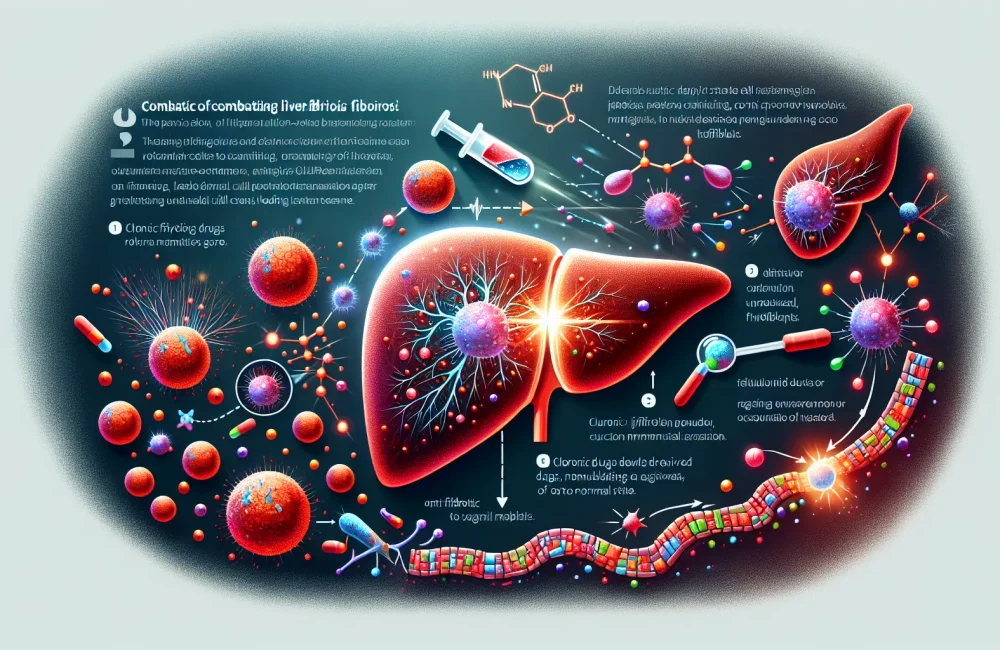By CAFMI AI From Gut
Predictive Role of HBcrAg in Hepatitis B Treatment
Hepatitis B core-related antigen (HBcrAg) is gaining recognition as a useful biomarker in managing chronic hepatitis B (CHB), particularly in patients who are suppressed on nucleos(t)ide analogue (NUC) therapy and are negative for hepatitis B e antigen (HBeAg). This study examined whether HBcrAg levels can predict how patients will respond to pegylated interferon-alpha (pegIFN-α) therapy, a treatment option used to achieve a functional cure in CHB. The researchers measured HBcrAg at baseline and during treatment and followed clinical markers of virological and immunological response.
Key Findings on Virological and Immune Response
The study found that patients with higher baseline HBcrAg levels experienced a significantly better virological response after pegIFN-α treatment. Specifically, those above a certain HBcrAg threshold showed greater reductions in hepatitis B surface antigen (HBsAg) levels and higher rates of seroconversion, which are strong indicators of improved control of the virus. Additionally, these patients showed enhanced immune responses, such as increased T-cell activation and cytokine production, suggesting that HBcrAg levels also mirror the underlying immune system’s ability to control hepatitis B infection.
Clinical Implications for Primary Care Practice
For clinicians, especially those in primary care managing CHB patients, HBcrAg measurement before and during pegIFN-α therapy can be a valuable tool to guide treatment decisions. It helps identify which patients are more likely to benefit from pegIFN-α after viral suppression with NUCs. This targeted approach may optimize therapy, avoid unnecessary side effects in non-responders, and ultimately improve functional cure rates. Incorporating HBcrAg testing into routine clinical practice could enhance personalized care strategies for patients with HBeAg-negative CHB under NUC therapy.
Read The Original Publication Here






